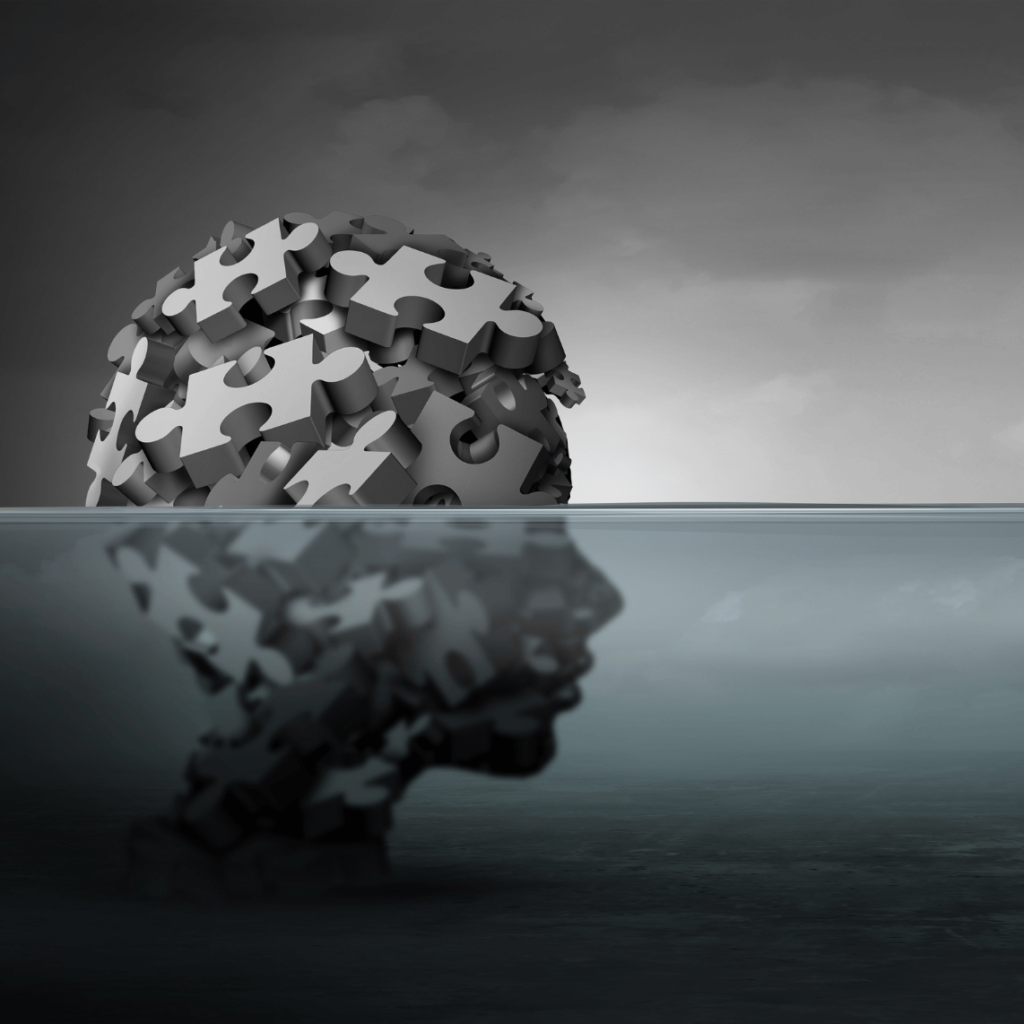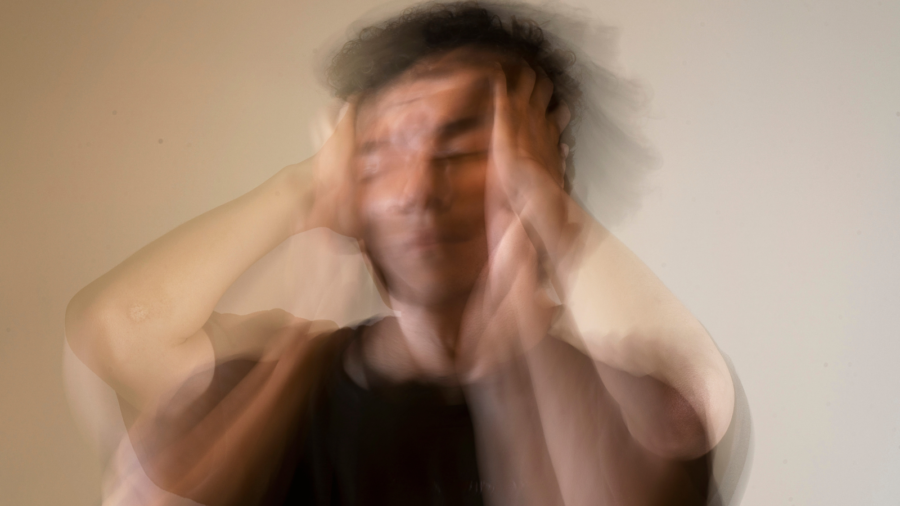Depression
Depression is serious mental health condition characterised by the feeling of sadness, hopelessness and emptiness. It can significantly impact a person thought ,feeling, behaviour as well as their physical and mental well being. Individual experiencing depression may have difficulty functioning their daily life which also affect their relationship as well as work and overall quality of life. Depression can occur in various forms ranging from major depressive disorder to seasonal effective disorder.
Depression can be caused due to various factor. One of the most common factor is biological factor in which there is imbalance in brain chemicals such as neurotransmitters like serotonin , dopamine and norepinephrine. Even family history of depression can increase the risk of developing the condition in upcoming generation. Past traumatic event such as abuse , loss of loved ones or a major life change can trigger depression. Even certain personality traits such as low self esteem can contribute to the development of depression. There are many environmental factor which affect depression such as adverse childhood experience such as neglect or trauma can increase the likelihood of developing depression later in life. Poverty, unemployment or living in stressful environment can also contribute to depression. alcohol or drug abuse can exacerbate or trigger depression. Even certain chronic illness such a cancer, diabetes or heart disease can increase the risk of depression. There maybe harmonal fluctuations such as those experienced during pregnancy Menopause or thyroid disorder can contribute to depression. Some medications including certain antidepressant can have depression as side effect. Understanding this causes can help individual recognise potential risk factor.
Depression is a many types. Certainly there are some common types of depression such as:
Major depressive disorder (MDD)- it is also known as clinical depression which is characterized by the feeling of sadness, hopelessness and loss of interest in activities. It can last for weeks or month if left untreated.
Persistent depressive disorder- it is also known as dysthmia which also involve chronic but has less severe symptoms of depression and last for at least 2 year.
Bipolar disorder- also known as Manic depressive illness. It has different subtypes including bipolar l disorder , bipolar ll disorder.
Seasonal effective disorder- SAD is a type of depression that occur seasonally typically during the fall and winter month when there is less natural sunlight. Symptoms include low energy and increased sleep.
Postpartum depression- it affect some women after giving birth causes feeling of sadness anxiety and exhaustion.
Premenstrual desphoric disorder- it is a severe form of pre menstrual syndrome characterised by mood swing and depression in the days leading up to menstruation.
There are many type of depression which can cause due to situation or in response to specific stress of life event such as loss of job, relationship problem and even financial difficulties.
There are different types of depression with different symptoms. Here are some common symptoms of depression which includes feeling sad or hopelessness most of the time even when there is no apparent reason. Losing interest in activities or hobbies that were once enjoyable. Significant change in appetite leading to weight loss or gain. Difficulty falling asleep or sleeping too much. Insomnia is a common symptom of depression. Persistent feeling of worthlessness ,self blame and excessive guilt often over minor or imagined fault. Thoughts of death or suicide or engaging in suicidal behaviour such as making plans or attempting self harm. This is a serious symptom that require immediate attention. Not everyone with depression experience all of these symptoms. However it can very from person. to person.
Treatment of depression typically involves combination of therapy , medication and lifestyle changes. Cognitive behavioural therapy helps individual identify and change negative thought pattern and behaviour that contribute to depression. Interpersonal therapy focuses on improving communication and interpersonal relationship to alleviate depressive symptom. Psychodynamic therapy explodes unconscious pattern and unresolved conflict that may contribute to depression. Even medication such as antidepressants may be prescribed to help regulate brain chemical and alleviate symptom. In case of bipolar disorder or depression with mood swing mood stabilizer may be used in conjunction with antidepresents. Eating healthy balance diet rich fruits and vegetables can support over all well being. Techniques such as mindfulness meditation, deep breathing exercises can help reduce stress and anxiety. Even engaging in activities that bring joy such as hobbies, spending time with loved ones can help individuals fight depression.

Depression can have a profound impact on various aspect of daily life affecting both the individual experiencing it and those around them. Depression can lead to difficulty concentrating ,making decision and remembering information which can impact performance at work or school. It can strain relationship with family members ,friends and even partners. Depression is often accompanied by physical symptoms such as headache, digestive issues and chronic pain. Even simple task such as getting out of bed and showering may feel overwhelming for someone experience in depression. Insomnia, hypersomnia or disrupted sleep pattern or common symptoms of depression. Depression can significantly diminished once quality of life impacting over all satisfaction, fulldillment and enjoyment of life experiences. In severe cases depression can lead to suicidal thoughts or behaviours. feeling of hopelessness and despair may become so overwhelming that individual contemplate or attempt suicide as a way to escape their pain. It is very important for individuals experience in depression to seek help and support from healthcare professionals ,family and friends . With proper treatment it is possible to manage depression and improve over all well being.
Stigma and misconceptions surrounding depression can contribute to miss understanding, discrimination and barriers to seeking help. One of the most damaging misconceptions is that depression is a sign of weakness or character flaw. But in reality depression is a complex mental health condition influenced by biological, psychological and environmental factor which can affect any one regardless of a strength and character. Many people mistake and Lee believe that depression is simply feeling sad or down. While sadness can be a symptom of depression the condition involver range of emotional cognitive and physical symptoms with significantly impact daily life functioning. There is a common misconception that individual with depression can simply “snap out of it” or “cheer up” if they try hard enough. In reality depression is not something that can be overcome through will- power alone and it often required professional treatment and support. Due to invisible nature of mental health condition some people make struggle to understand those experiencing depression. this lack of understanding can lead to invalidation of their experiences and feeling. Fear of judgement or discrimination Mein prevent individual from seeking help for depression. stigma surrounding mental illness can lead to feeling of shame, embarrassment and isolation which made deter people from reaching out for help.
Support and self care are essential components of managing depression and promoting overall well being. . Consider joining a support group for individual living with depression connect with those who understand what you are going through can offer encouragement. See professional help from a therapist or concealer who especiallizes in treating depression. Maintain social connection and engage in activity that bring you joy. Be kind to yourself and practice self compassion. acknowledge your feeling without judgement and remind yourself that it’s okay to struggle sometime. Prioritize your physical help by eating a balanced diet or getting enough sleep and avoiding excessive alcohol or substance use. Remember that selfcare is not selfish it’s essential for maintaining or mental and emotional well being. prioritize your need and make self care a regular part of your routine.





Very interesting topic, appreciate it for posting.Raise blog range